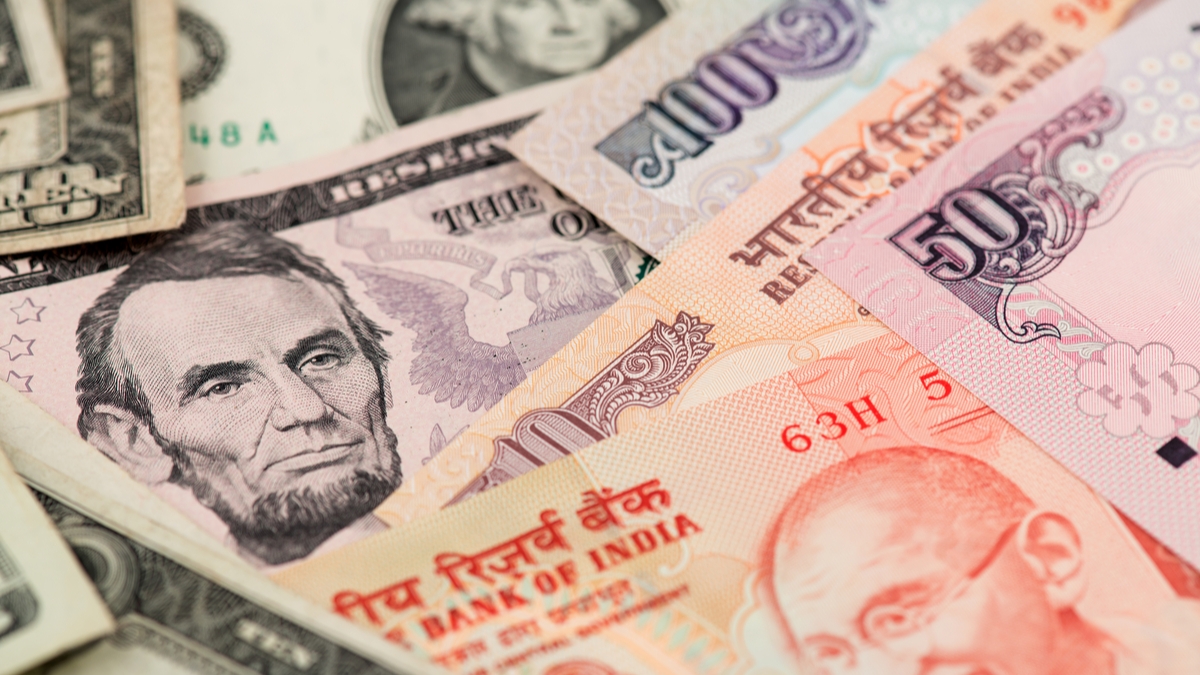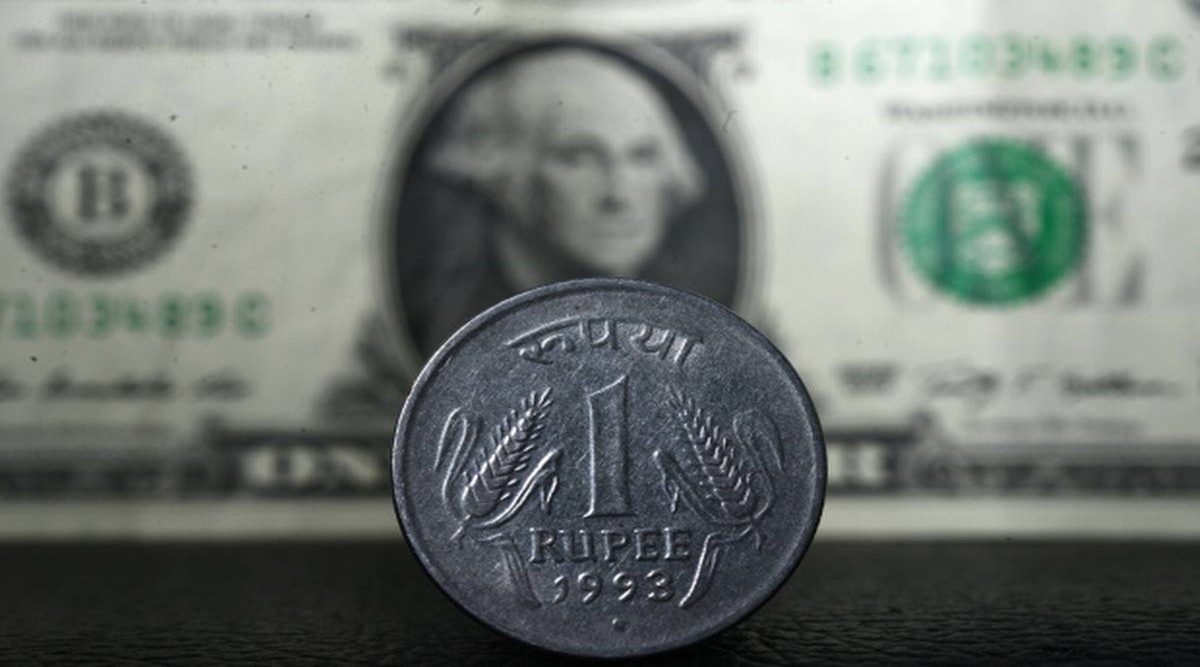The dollar gained on Wednesday as traders reduced their bets on the Federal Reserve cutting interest rates soon in the wake of strong U.S. consumer spending statistics and as a result of the safe-haven status of the dollar under the threat of a U.S. government default.
Although nothing is finalized yet, negotiations between Republican senior congressman Kevin McCarthy and U.S. President Joe Biden to raise the debt ceiling have advanced. The economy would enter a recession, according to Biden, but investors are concerned about the potential worldwide effects.
The dollar index increased 0.25% to 102.86 against a basket of rivals, including the euro, yen, and sterling, after earlier reaching its highest level since early April. It increased 0.15% against sterling to $1.2469 after reaching its highest level against the British pound since April 26. It increased 0.5% against the yen to a two-week high of 137.17.
A significant increase in consumer spending in April and remarks from Fed officials subdued expectations for imminent U.S. interest rate decreases. In June, there is no probability of a rate cut, compared to a 17% chance a month ago, according to interest rate futures pricing.
Inflation in the 20 countries that share the euro increased this month, according to Eurostat, which confirmed earlier figures showing increasingly persistent price growth.
With a 0.3% decline to $1.0831, the euro hit a six-week low against the dollar. The Turkish lira dropped to a 10-week low of 19.75 per dollar, under pressure from President Tayyip Erdogan’s unconventional economic policies and the potential that election results could extend his term in power.
The Thai baht fell 0.7% as lawmakers began what may turn out to be a protracted phase of dealmaking before a government is formed. The currency had initially increased due to positive election results from progressive parties.

